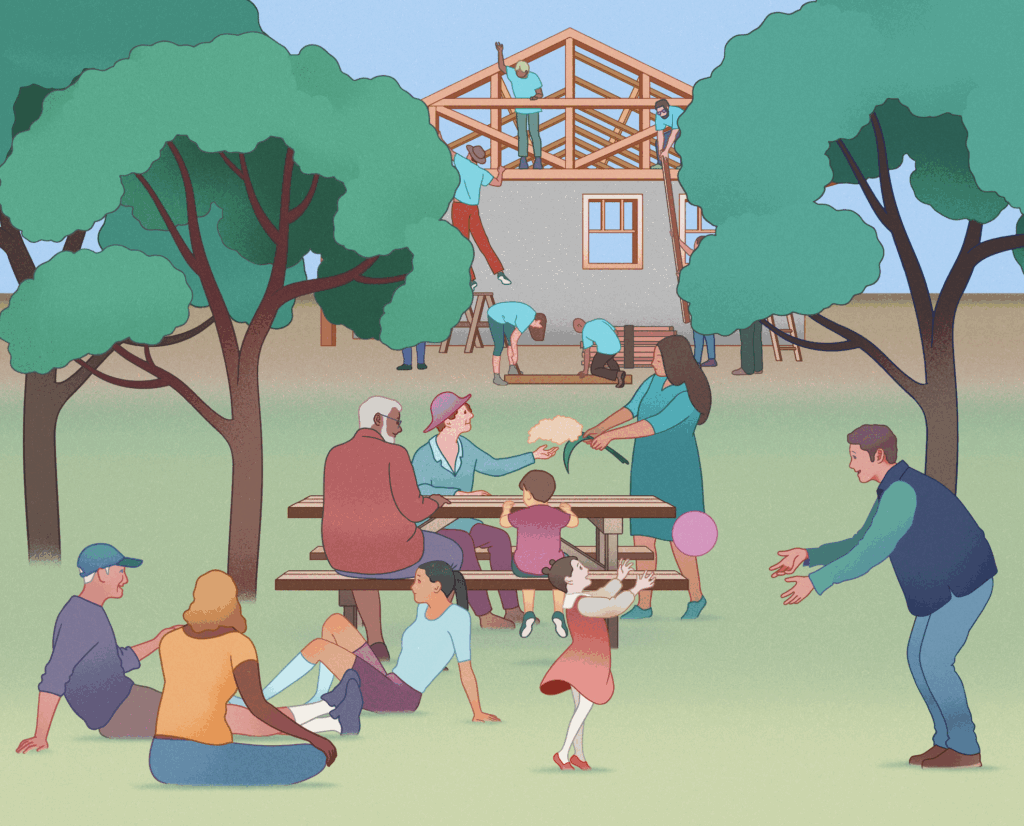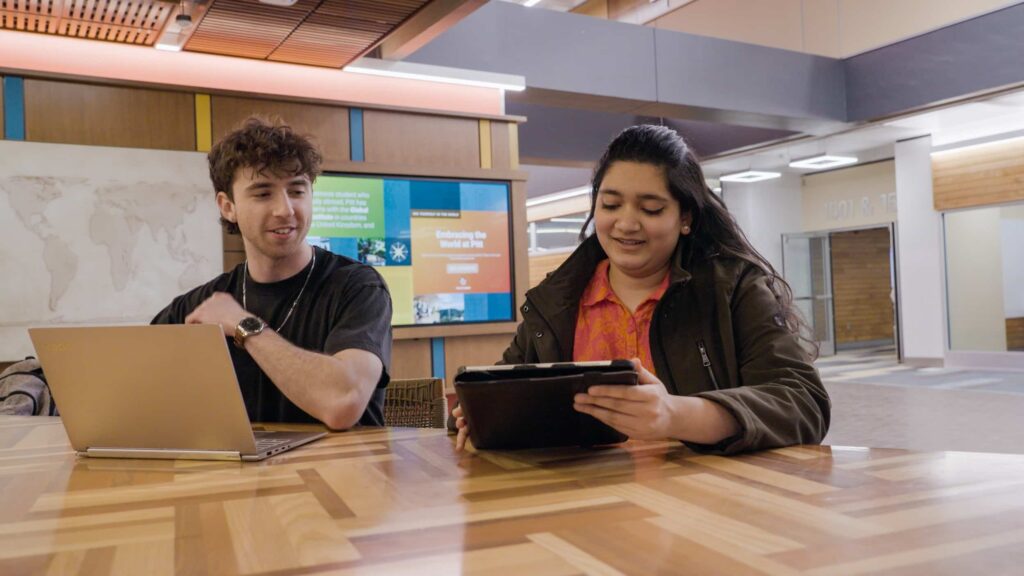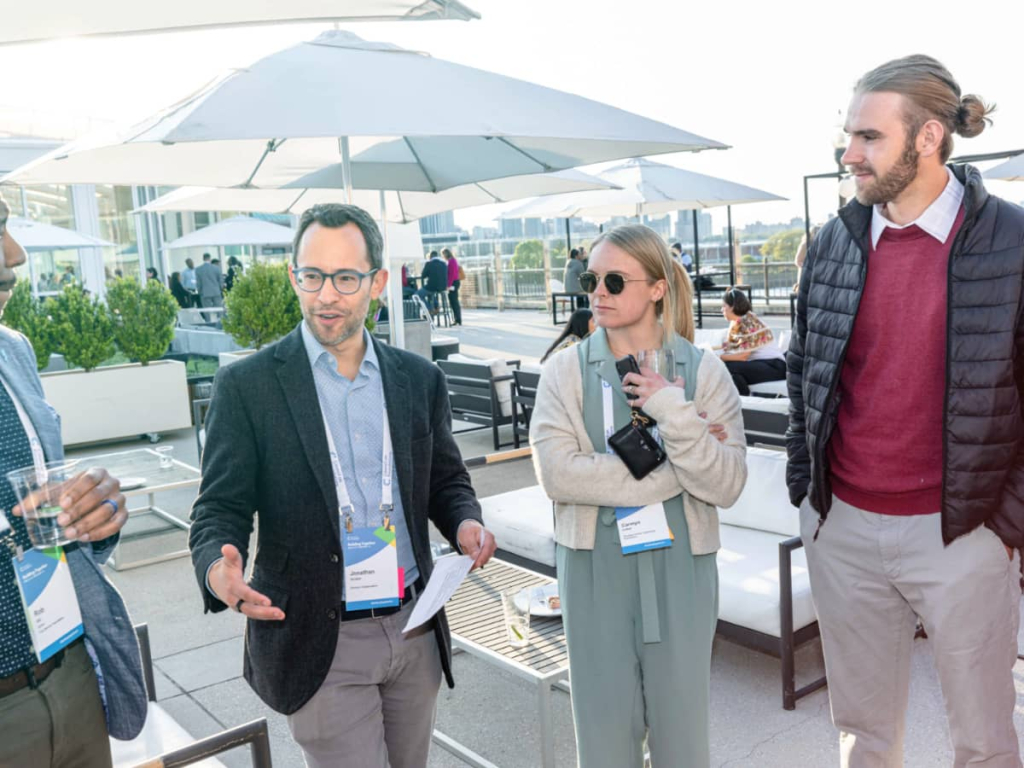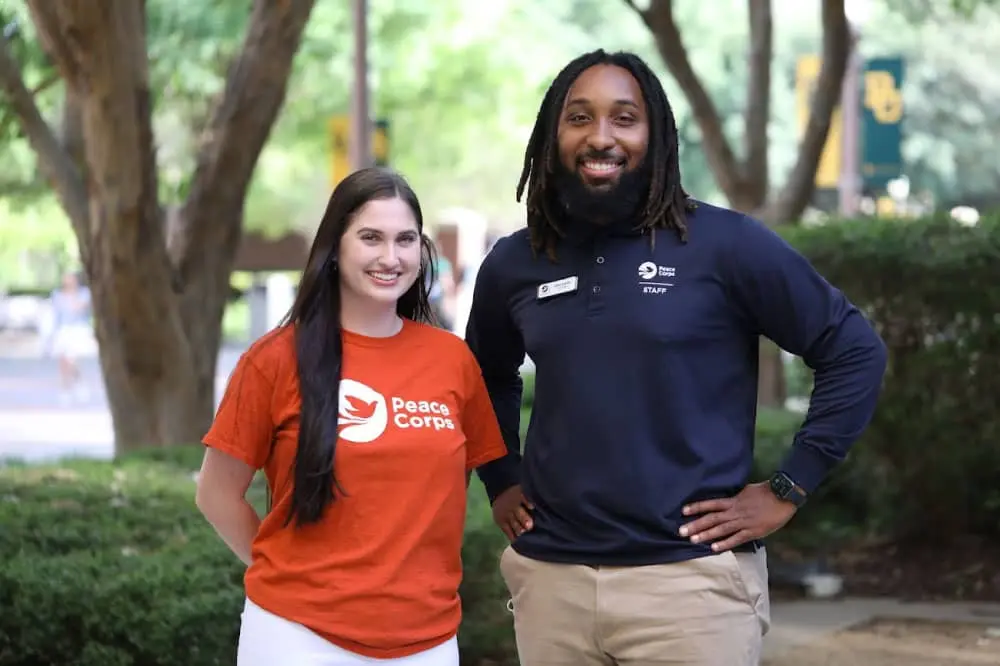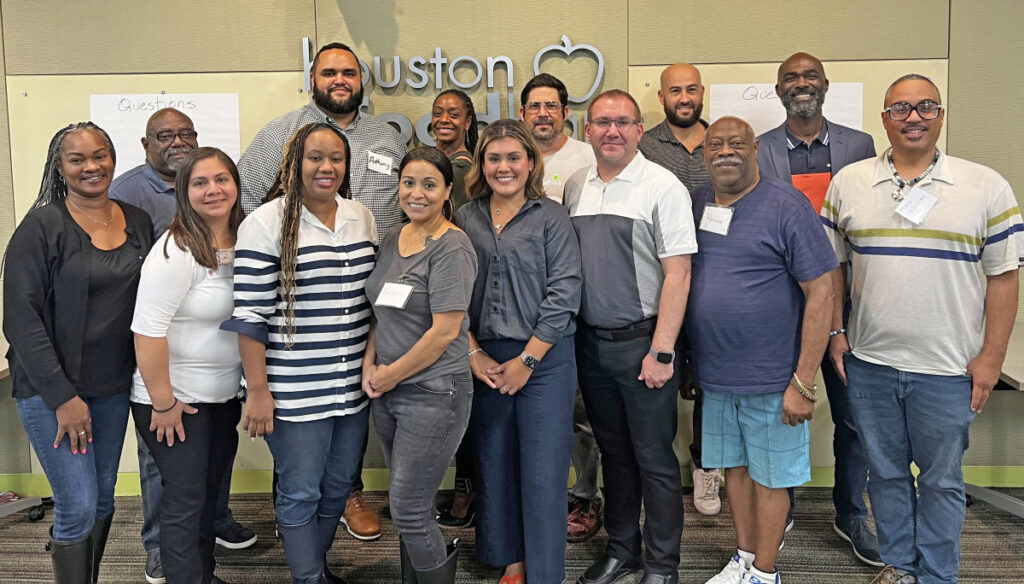On one of the last days of summer driving home from visiting my parents in Connecticut, I stopped by a Starbucks drive-through with our two kids to give them a sweet treat before school started and pumpkin latte season began.
My 8-year-old daughter’s Starbucks order is one out of a tween girl’s dream: a dragon fruit refresher made with lemonade, strawberry mix-ins, and vanilla cold foam. My son, on the other hand, is happy with whatever seasonal drink is advertised as long as it has an unnatural color. (I appreciate this as an Ecto Cooler fan in my youth.)
As we approached the intercom attached to a ginormous menu, the voice coming through was welcoming and undeniably delightful. We finished our order, and as I was pulling forward to the drive-up window, I heard my 12-year-old’s voice ring out from the back seat: “That person has a kind soul.”
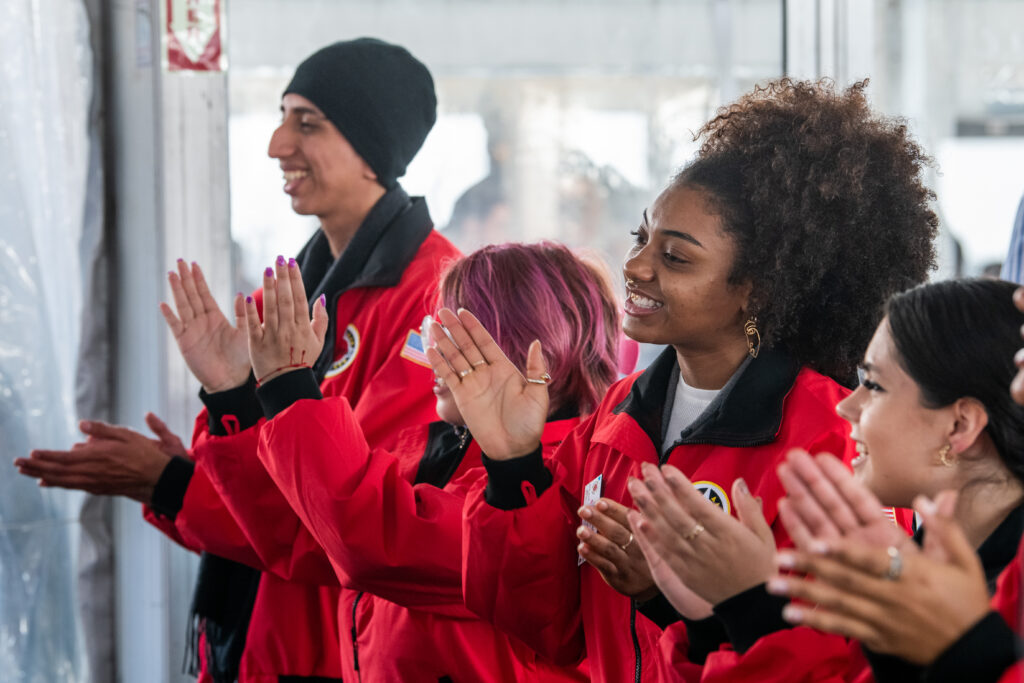
My son’s observation touched a chord inside me. It did not take long for him to recognize the kindness, humanity, and compassion in a stranger’s voice. It did not require prompting. He paid attention to the world around him, noticed its beauty no matter how small or how brief, and created a ripple that encouraged me to do the same.
As I paid for the drinks and was about to pull my foot off the brake, I decided to share my son’s words with the barista. “I just wanted to let you know that after you delightfully took our order, my son remarked that you are a person with a kind soul.” I watched the barista’s face change, from confusion to timidness to gratitude. He pressed his hands over his heart, his eyes looking at the backseat searching for my son. With tears welling up, he whispered, “Thank you.”
On the rest of the drive home, the three of us reflected on why such a simple interaction had such a profound impact on all of us. We also reflected on how sharing this with our barista likely made a positive impact on him, too. We talked about what it meant to not only recognize the light in others, but also to take time to acknowledge and celebrate it.
There is a scene in “About Time,” in which Tim, a 21-year-old man played by Domhnall Gleeson, is told by his father the secret formula for happiness. With their family’s ability to travel to moments they have experienced before, Tim’s father advises him to live each day twice to be truly happy: the first time by going through all the trials and tribulations life may bring and the second time by pausing and noticing how sweet life can be.
Amid the busyness and bumpiness of life, I find myself returning to my son’s meaningful interaction with the barista that day. How easy it is for us adults to quickly move through the world, often missing the goodness around us. Yet, when we choose to notice the good and take the time to let people know what a positive difference they make in our lives, we begin to nurture a culture of kindness and connection our society so deeply needs.
And I think the same is true for kindness,” said Dr. Davidson. “We come into the world with this innate propensity, but for this propensity to be expressed, it requires nurturing.
Richie Davisdon
Neuroscientist
Not long ago, at a Shabbat dinner with neighborhood friends, one of the moms mentioned to me a change our school made that she truly appreciated. I asked whether she had let the school know. She was a bit taken aback by my question at first, then said she had not thought to share her experience. I encouraged her to write a short note, just a few words to express her gratitude, and she was grateful for the suggestion. These notes have a quiet way of saying to the people who receive them: I see you, and I’m thankful for all that you are and all that you do.
In recent weeks, I have been tasking myself with this same suggestion and sending brief notes of gratitude to people who weave through my life in myriad ways. Each time, I’ve been struck by how deeply moved people are in their replies. These notes have no hidden agenda and zero expectation for a response – just genuine acknowledgment of the positive difference they have made with their actions.
In a conversation with Krista Tippett, neuroscientist Richie Davidson speaks about the biological propensity for language in children. For that propensity to be expressed and developed, language needs to be nurtured.
“And I think the same is true for kindness,” said Dr. Davidson. “We come into the world with this innate propensity, but for this propensity to be expressed, it requires nurturing.”
In this spirit, I want to share a note of gratitude with you, fellow travelers in our work. You have been with us through a few changes, from the shifts in our strategies in 2018 to our rebrand in 2020. Over the years, you have shared your stories and notes of appreciation with me and offered invaluable feedback to help us strengthen our work.
Today, you may have noticed a new design when you clicked on this very newsletter. This change is accompanied by the launch of our new website, and I’m thrilled to give you a first look. This effort captures what matters most – our shared mission and vision, as well as the stories that remind us why authentic connection is vital to our individual and societal well-being.
I invite you to explore our new website, and if you are so moved, to take a pause in your day to share a note of appreciation with a person or two in your life for whom you are grateful. Think about the people who give you hope, whether through a brief encounter or a meaningful collaboration. I’m certain your note will make their day and make your heart swell, too.
May kindness create the ripples of connection that bring us closer together.

